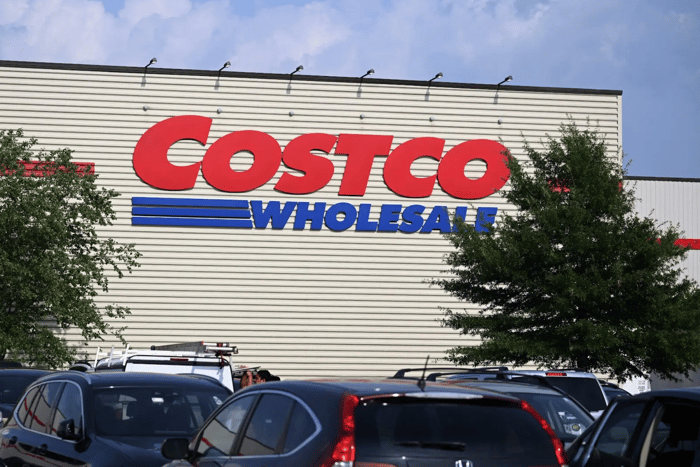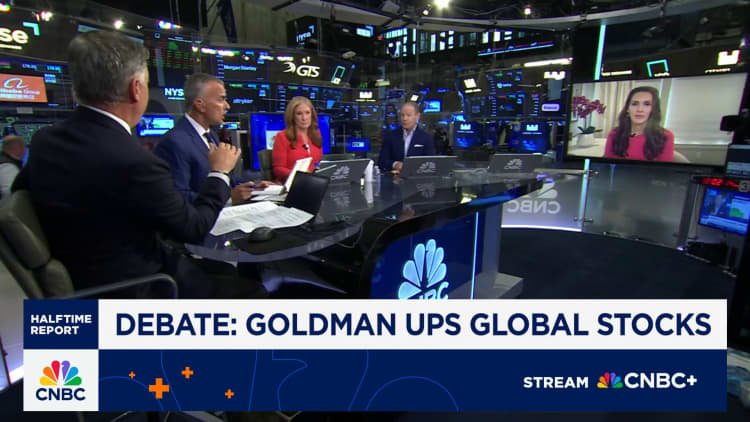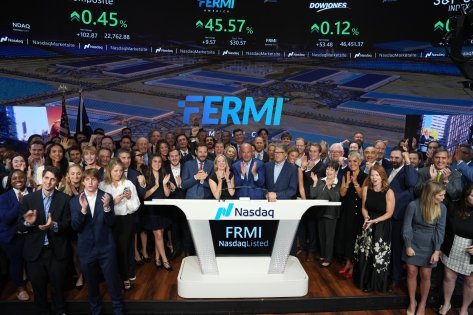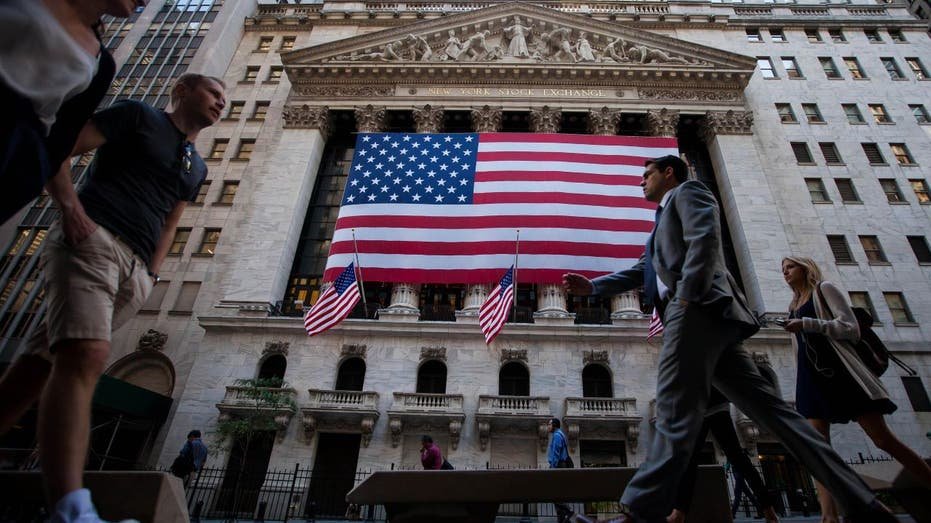(Bloomberg) — Amazon.com Inc.’s cloud-computing business has helped propel its shares for almost two decades, but increasing pressure from rivals like Microsoft Corp. and Oracle Corp. is sapping some of the stock’s appeal.
Most Read from Bloomberg
The proliferation of artificial intelligence has led to an explosion of demand for cloud hyperscalers, where Amazon Web Services has the biggest market share. It’s followed by Microsoft’s Azure and Alphabet Inc.’s Google Cloud Platform, with Oracle’s huge growth suggesting there’s a fourth major player on the field. CoreWeave Inc. is also garnering investor attention.
The scope of Amazon’s challenge becomes clear in its dwindling stock market valuation. At roughly 25 times expected earnings over the next 12 months compared with 27 times for the Nasdaq 100 Index, Amazon is close to its biggest discount to the tech-heavy benchmark on record. Oracle, on the other hand, is trading at 40 times estimated earnings, near its highest P/E ratio since the dot-com era, while Microsoft trades at nearly 32 times, above its 10-year average.
Alphabet shares are trading for 22 times forward earnings, a modest premium to the company’s long-term average. Although that’s less than Amazon’s multiple, the gap used to be much wider.
While the overall expansion of the cloud services market means there may be room for everyone to co-exist, the rising competition is troubling for Amazon since AWS accounted for more than half of operating profit in the second quarter. In late July, the company reported cloud revenue growth that lagged far behind Microsoft and Alphabet, and it gave a weaker-than-expected forecast for operating income.
“Q2 provided the first warning signal that AWS is falling behind Azure when it comes to winning AI work flows, but they are falling behind Oracle and CoreWeave to an even greater extent,” said Clare Pleydell-Bouverie, co-manager of the Liontrust Global Innovation Team in London, which manages roughly $1.3 billion.
These companies will likely remain industry leaders over the coming years, but Amazon may start coming up short by comparison, she added. “We’re not seeing that same AI induced acceleration in their backlog.”
Oracle shares are up about 20% since the company gave its enthusiastic outlook on Sept. 9 after the market closed. Amazon is down 7.4% over that time, while Microsoft has gained 4.3% and Alphabet is up 2.2%. Amazon has lagged behind the others this year, and is barely positive for 2025.
The reason for Oracle’s momentum is clear, as it has been signing major contracts to provide AI computing capacity since it reported earnings. Its deal with OpenAI will be worth $300 billion over five years, the Wall Street Journal reported. And it is in discussions with Meta Platforms Inc. for a cloud computing deal worth about $20 billion.
Amazon’s cloud market share is expected to steadily erode, from nearly 35% in 2022 to less than 20% by 2030, according to estimates from Bloomberg Intelligence and IDC. Some of that reflects Microsoft, which is expected to overtake Amazon by 2029. But it also speaks to Oracle’s rapid growth, which could take its market share to 12% by 2030, putting it ahead of Alphabet, compared with a low-single-digits pace in 2022.
To investors, this dynamic is a reason for skepticism about the cloud business in general.
“Competition has become incredibly intense among cloud providers, and to the extent they use pricing as a way to drive or maintain market share, that could have an impact on profitability,” said Brian Kersmanc, portfolio manager at GQG Partners, which has about $160 billion in assets. “Oracle put up some really punchy growth numbers, but they’re offering big discounts, and that contributes to why we have trouble getting excited about the space.”
Of course, Amazon’s relatively cheap multiple could limit the stock’s downside, especially if the cloud market continues to grow as expected. The expansion also could diminish the risk of reduced market share as the pie gets bigger, creating room for new entrants. Bloomberg Intelligence expects the cloud-infrastructure market to show annual growth of 27%, with spending potentially surpassing $1.3 trillion by 2030.
“Oracle’s rise is a challenge to the incumbents, no denying that, but it is also a recognition of how prosperous the cloud business remains, that it can withstand another entrant,” said Joe Tigay, portfolio manager of the Rational Equity Armor Fund, which has $13 billion in assets under management.
“As demand grows, they should make up for any reduced share on volume,” he added. “Given how much people talk about AI and potential bubbles, it’s surprising the multiples aren’t even higher. That’s a good sign for people looking for the market to go even higher.”
Tech Chart of the Day
OpenAI has completed a deal to help employees sell shares in the company at a $500 billion valuation, propelling the ChatGPT owner past Elon Musk’s SpaceX to become the world’s largest startup.
Top Tech Stories
-
Apple Inc. has hit pause on a planned overhaul to its Vision Pro headset to redirect resources toward a more urgent effort: developing smart glasses that can rival products from Meta Platforms Inc.
-
Netflix Inc. won dismissal of a lawsuit by an Indian filmmaker who accused the streaming service of copying his 2009 movie for its popular series.
-
Samsung Electronics Co. and SK Hynix Inc. shares rose to their highest in years after South Korea’s largest companies forged initial agreements to supply chips to OpenAI’s Stargate project, reinforcing their lead in artificial intelligence memory.
-
Executives and technology departments at large organizations are being extorted by a notorious ransomware group that claims to have stolen their data from a suite of popular Oracle Corp. applications.
Earnings Due Thursday
–With assistance from Subrat Patnaik, Shirin Ghaffary and David Watkins.
Most Read from Bloomberg Businessweek
©2025 Bloomberg L.P.





